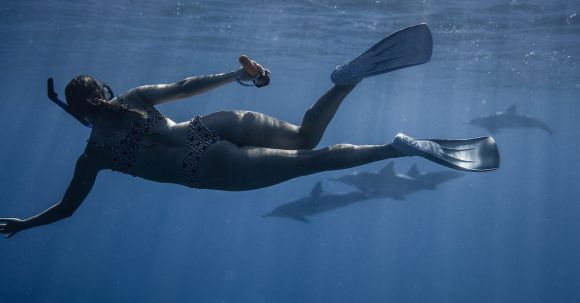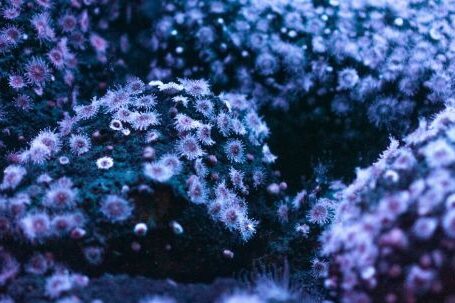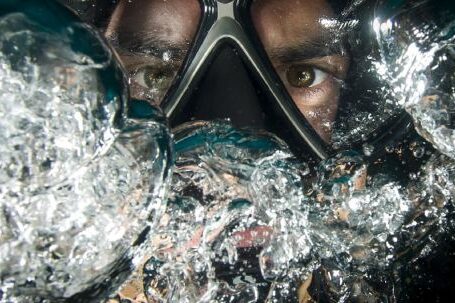Exploring the depths of the world’s oceans holds a fascination for many. The mysteries that lie beneath the waves, the treasures that have been lost to time, and the stories of ancient civilizations are all waiting to be discovered. Underwater archaeology, also known as maritime archaeology, is the field that seeks to uncover these hidden treasures and piece together the puzzle of our maritime history. In this guide, we will delve into the world of underwater archaeology and explore the techniques, challenges, and importance of this fascinating discipline.
Unearthing the Past: The Basics of Underwater Archaeology
Underwater archaeology is the study of human history through the excavation and analysis of submerged sites. These sites can include shipwrecks, submerged cities, and even ancient ports. Unlike traditional archaeology, which focuses on land-based sites, underwater archaeologists face unique challenges due to the underwater environment. The preservation of artifacts is often better underwater, as the lack of oxygen slows the deterioration process. However, accessing these sites and conducting excavations requires specialized training and equipment.
Diving into Techniques: How Underwater Archaeology Works
Underwater archaeologists utilize a variety of techniques to explore and document submerged sites. One common method is remote sensing, which involves using sonar and other imaging technologies to map the seafloor and identify potential archaeological sites. Divers then conduct surveys and excavations, carefully documenting and recovering artifacts. The use of underwater photography and videography is crucial in capturing the site’s condition and preserving a visual record of the excavation process.
Challenges Below the Surface: Overcoming Obstacles in Underwater Archaeology
Underwater archaeology presents numerous challenges that must be navigated. The underwater environment itself is unpredictable, with strong currents, limited visibility, and potential dangers from marine life. Preservation of artifacts can also be a challenge, as exposure to air can cause rapid deterioration. Furthermore, the sheer cost and logistical difficulties of conducting underwater excavations can be prohibitive. Despite these challenges, underwater archaeologists are dedicated to uncovering our maritime history and preserving our cultural heritage.
The Significance of Underwater Archaeology: Uncovering Maritime History
The study of underwater archaeology is crucial in understanding our maritime history and its impact on human civilization. Shipwrecks, for example, provide valuable insights into trade routes, navigation techniques, and even daily life on board a vessel. Submerged cities offer a glimpse into ancient civilizations and how they adapted to life near the water. By studying these underwater sites, we can gain a better understanding of our past and the development of human societies.
Preserving Our Underwater Heritage: The Role of Conservation
Conservation plays a vital role in underwater archaeology. Once artifacts are recovered from a site, they must be carefully conserved to prevent further deterioration. This involves stabilizing and treating artifacts to ensure their long-term preservation. Additionally, underwater sites themselves must be protected from looting and environmental damage. Legislation and international agreements help regulate the exploration and preservation of underwater heritage, ensuring that these valuable resources are protected for future generations.
In conclusion, underwater archaeology is a captivating field that allows us to explore the hidden depths of our maritime history. Through careful excavation, documentation, and conservation, underwater archaeologists are able to uncover the stories of ancient civilizations and piece together the puzzle of our past. Despite the challenges that come with working in the underwater environment, the importance of this discipline cannot be overstated. By preserving our underwater heritage, we can gain a deeper understanding of our shared human history and the impact of the oceans on our development as a species.





